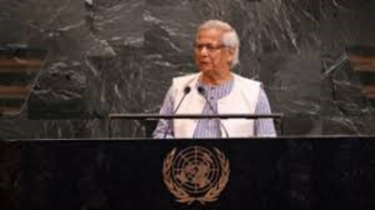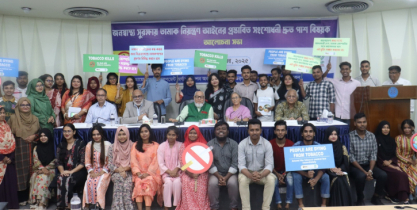
Heavy rainfall early Tuesday morning significantly improved air quality in Dhaka, the capital of Bangladesh, which recorded an Air Quality Index (AQI) score of 42 at 9:25 AM. The reading placed the city in the ‘good’ category for the first time in months, a rare development for an area that frequently ranks among the world’s most polluted.
Today, Dhaka ranked 61st on the global list of cities with the worst air quality. According to the AQI scale, a score between 0 and 50 is classified as ‘good’ and indicates minimal or no risk to public health. Scores from 51 to 100 are considered ‘moderate’ and may pose concerns for sensitive individuals, while readings between 101 and 150 are labeled ‘unhealthy for sensitive groups’. Values from 151 to 200 are categorized as ‘unhealthy’, 201 to 300 as ‘very unhealthy’, and any score above 300 is deemed ‘hazardous’, posing serious health threats to the general population.
While Dhaka’s air saw major relief today, other South Asian cities continued to struggle. Pakistan’s Lahore, India’s Kolkata, and Indonesia’s Jakarta ranked first, third, and fourth on today’s list of most polluted cities, with AQI scores of 169, 163, and 140 respectively.
The AQI is a standardized index used to report daily air pollution levels and inform the public of potential health effects. In Bangladesh, the index is calculated based on five pollutants: particulate matter (PM2.5 and PM10), nitrogen dioxide (NO₂), carbon monoxide (CO), sulfur dioxide (SO₂), and ground-level ozone.
Dhaka has long battled severe air pollution, particularly during the dry winter season when dust, industrial emissions, and vehicular pollutants accumulate in the atmosphere. In contrast, the monsoon period generally brings cleaner air, as rainfall helps wash away airborne contaminants.
According to the World Health Organization (WHO), air pollution causes an estimated seven million deaths globally each year, largely due to increased rates of heart disease, stroke, chronic obstructive pulmonary disease, lung cancer, and respiratory infections.
Source: UNB
TH

.png)







